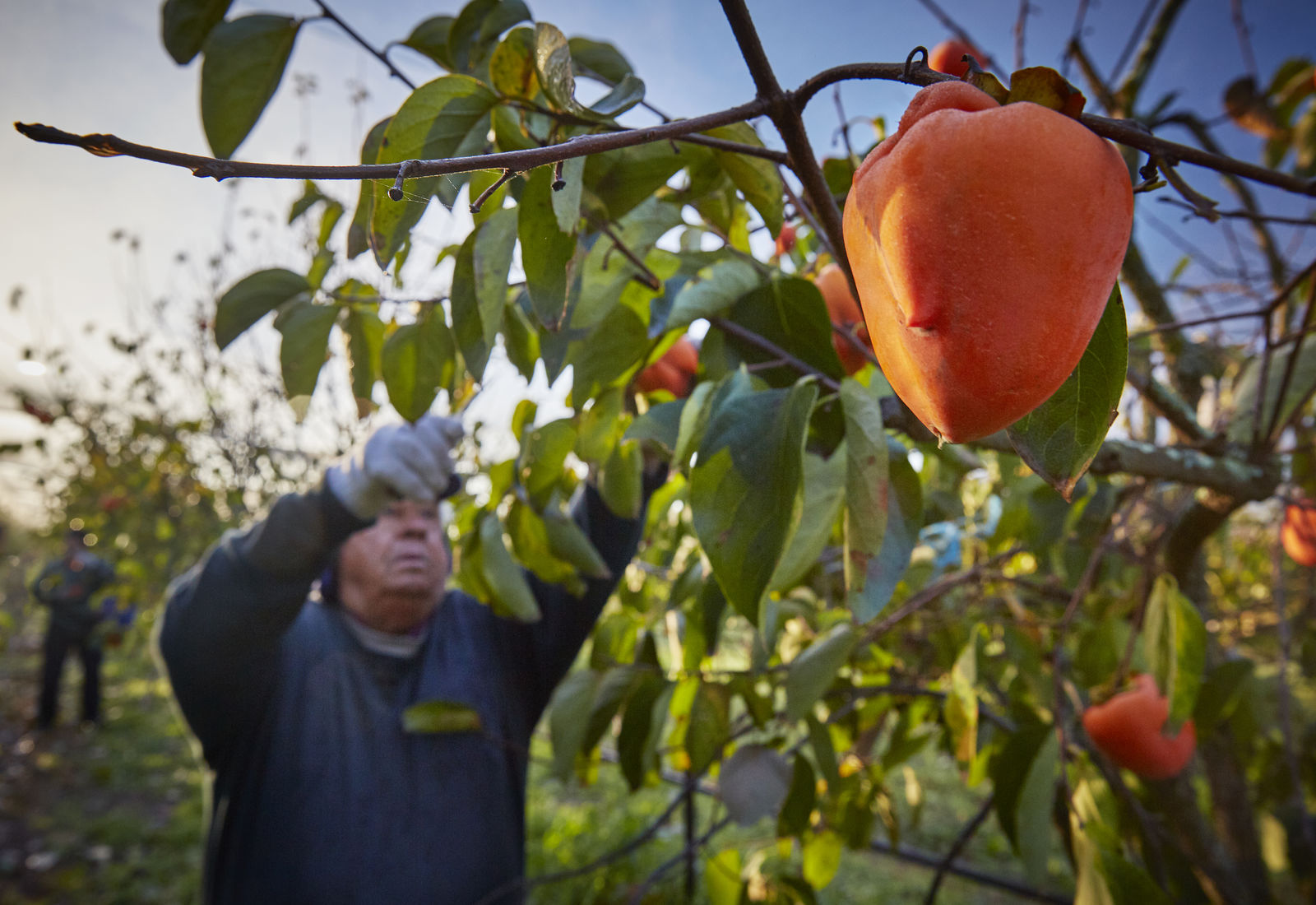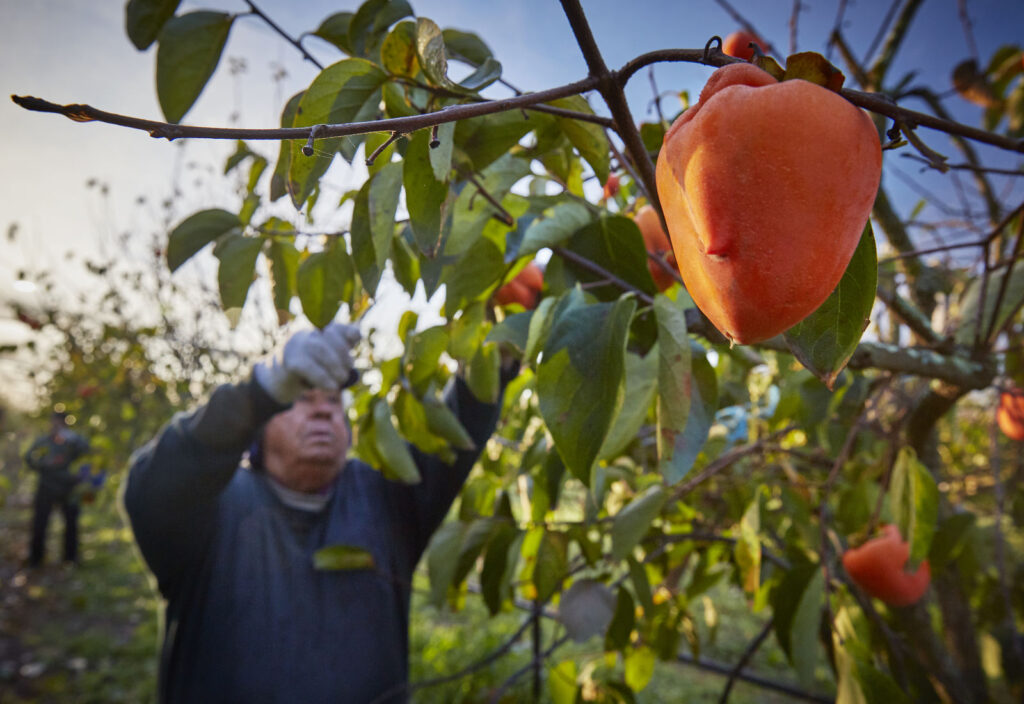Researchers around the state are using science and technology to improve food security, not just…
Costs and poor returns threaten food security

A new report reveals Australian vegetable growers are continuing to question their economic viability as more than a year�s worth of low or negative margins threaten the long-term sustainability of the industry.
More than one third of commercial vegetable growers were considering walking away from the sector in the next 12 months according to the AUSVEG Vegetable Industry Sentiment Report.
Rising input costs, poor farmgate returns, workforce shortages, industrial relations changes, lack of funds to invest in innovation, and an overwhelming compliance burden were again identified as the key factors leading growers to reconsider their future.
AUSVEG conducted twice-yearly sentiment surveys, drawing responses from large, medium and small commercial vegetable growers from all Australian states and the Northern Territory to provide a current and cumulative picture of sentiment across the national industry.

Highlighting the intense pressure being felt by commercial vegetable growing businesses, half of respondents to the most recent survey indicated they were financially worse off compared to mid-2023, and almost 30 per cent indicated they expected to be financially worse off in a further 12 months.
Challenging business conditions led to almost 50 per cent seeing their future business outlook as either very poor, or poor, and a further 37 per cent ranking their outlook as average.
Workforce shortages and labour costs have continued to feature among growers� biggest challenges, with 46 per cent indicating they were struggling to source enough staff in full-time, part-time and casual positions, and a range of skilled, semi-skilled and unskilled roles.
Labour costs remained another major issue, averaging 38 per cent of a grower�s overall cost of production, and reaching as high as 71 per cent.
Visa changes threaten food security
Successive surveys also reflected changes in the workforce mix. Following adjustments to workforce schemes relied upon by growers, engagement with the Pacific Australia Labour Mobility (PALM) scheme reduced, and reliance on backpackers increased. �
More than 62 per cent of grower respondents to the survey also indicated the removal of the 88-day specified work requirement for working holiday visa extensions would have a severe or critical impact on their business.
The impact of some of these challenges on Australia�s food security were somewhat masked by recent favourable weather conditions and fewer supply chain disruptions. However, ongoing margin squeeze and difficult conditions, combined with any further set-back, could easily trigger a cascade effect that resulted in reduced production, higher consumer prices, and increased reliance on imported product.
Read the Vegetable Industry Sentiment Report

Specialist advice on workplace changes
Rural businesses were encouraged to get in touch with a workplace relations specialist for an update on major changes to workplace laws and how they would affect farm businesses into the future.�
NSW Farmers Head of Workplace Relations Gracia Kusuma said new workplace laws that came into effect in July could have serious repercussions for farmers.�
�From the right to disconnect to changes in the definition of a casual employee and contractor, this new legislation introduces a number of changes to workplace regulations in place across Australia,� Ms Kusuma said.
�These changes will have a significant impact on farm businesses, and so now has never been a more critical time to get across what the latest workplace laws and regulations are, as well as how they could affect the way your farm workforce operates.�
Ms Kusuma said there were concerns not only about potential visa changes but also the whole suite of recent reforms to workplace laws, which would be covered in workshops hosted across rural communities.
�By breaking down these changes and how they affect day-to-day operations on-farm, these workshops aim to demystify our complex industrial relations landscape, and ensure your farm business can stay compliant and resilient well into the future,� Ms Kusuma said.�
�Staying informed is key in the current environment, and we have built these sessions around what farmers need to know and do to stay abreast of these changes as they come into play at an increasingly rapid pace.
�Each session is short, sharp and practical, lasting around two hours in total, and we�ve gone to great lengths to make it well worth the trip into town for anyone interested in coming along.�








